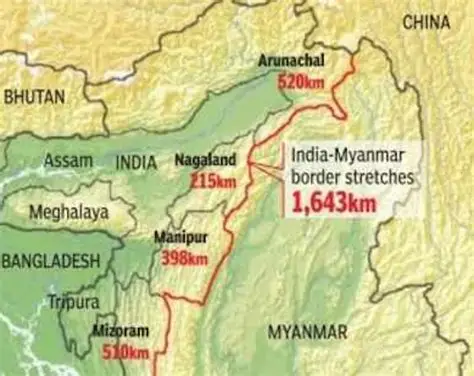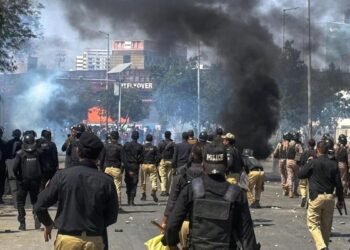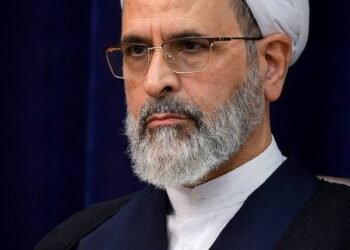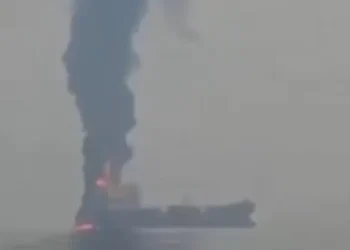KIM accuses TIM leaders of disowning Kuki identity and undermining the community’s struggle, branding them “ostracised” and “enemies.”
BY PC Bureau
August 8, 2025 — The Kuki Inpi Manipur (KIM), backed by the Thadou Inpi–General Headquarters, has rejected the authority of a 17-member delegation from the self-styled Thadou Inpi Manipur (TIM) that visited Imphal on August 6 for “peace talks” with Meitei civil society organisations.
In a statement issued Friday (Ref: 04/KIM/PR/21-99), KIM reiterated an earlier notice dated August 7 declaring that TIM has “no mandate” to represent either the Thadou tribes or the wider Kuki community. The statement invoked three prior resolutions — the Inpi Proclamation (July 3, 2023, Lamka), Delhi Conclave Declaration (October 16, 2023), and Shillong Summit Resolution (August 14–17, 2024) — which had formally denounced TIM’s representational claims.
READ: FNCC Ends Blockade After Talks with Manipur Govt
KIM said TIM’s leaders had “disassociated themselves” from the Kuki identity and were “ostracised from the community” for undermining its collective struggle. Such groups, it added, were “enemies of the Kuki people” and lacked any moral or political legitimacy to negotiate in the ongoing Kuki–Meitei conflict.
The organisation questioned the timing of the delegation’s visit, warning that unauthorised talks could “dilute the gravity of injustices” suffered by displaced and persecuted Kukis. “Peace cannot be built on exclusion, misrepresentation, or betrayal,” the statement read, insisting that only community-mandated representatives could participate in genuine dialogue.
Calling on local, national, and international actors to “recognise the authentic voice of the Kuki people,” KIM urged rejection of “fringe elements” attempting to hijack the community’s agenda.
The statement was signed by Janghaolun Haokip, Secretary (Information & Publicity), Kuki Inpi Manipur.
Several Kuki groups have alleged that the TIM delegation’s recent visit to Imphal, facilitated under the pretext of “peace talks,” was a calculated move to create confusion among the conflict-hit communities. They alleged the group’s actions were aimed at projecting a false sense of consensus while sidelining legitimate voices, potentially weakening the Kuki people’s collective bargaining power in any future negotiations with the state or central government.













